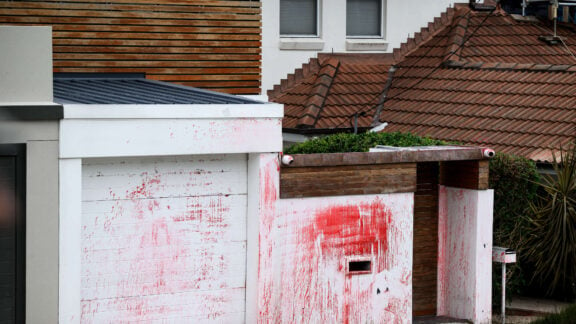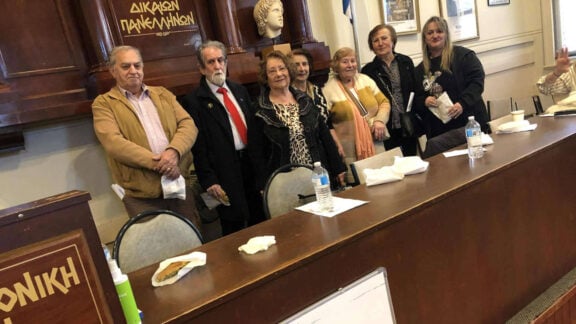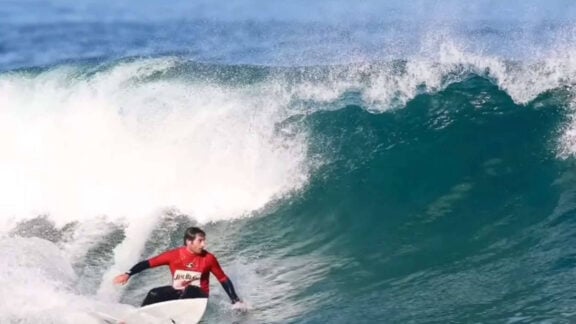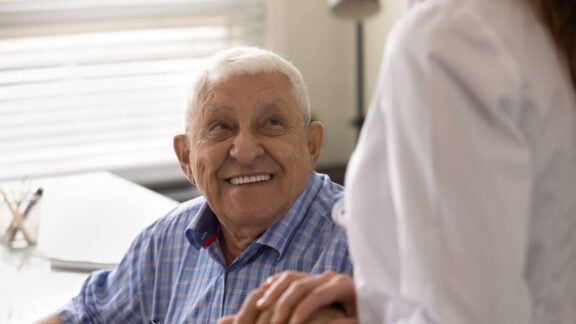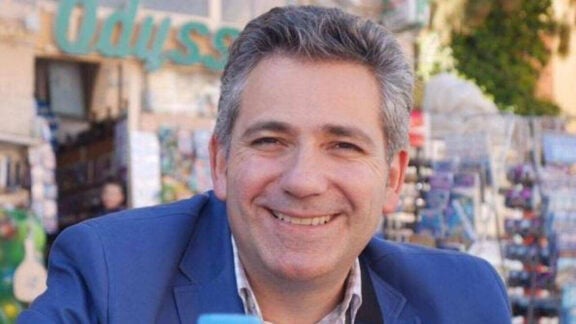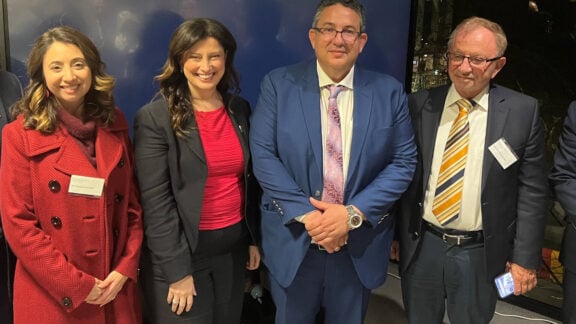The Greek community heralded the inclusion of Greek in the national curriculum in 2010 as one of the best advancements for the language.
It’s no secret dwindling student numbers have almost sealed the language’s fate in our schools.
Yet, with the national curriculum giving it a lifeline and opening it up in our schools to all interested in learning the language (not just children of Greek descent), many thought their prayers would be answered.
Four years later, they’re still praying.
The program still hasn’t even reached our classrooms.
It’s been a slow process organising a full national curriculum. Only now are schools introducing English, Mathematics, History, Science and Geography to the syllabus.
Languages are the next programs to hit the schools, but with a finish date of May, many subjects won’t be taught in the classroom till next year, and that’s if the national curriculum gets past a review.
The Australian Curriculum, Assessment and Reporting Authority (ACARA) that has dealt with the creation and implementation of the curriculum has told Neos Kosmos it will be finished with the Greek language program by May and will be awaiting approval till June.
“The modern Greek languages curriculum is in its final stages of development and forms part of the suite of languages being developed by ACARA,” the Authority said in a statement.
“The decision on what languages will be taught is the decision of jurisdictions and schools.”
The draft of the Modern Greek program was released for consultation in May and July last year, and contains two program streams, one for foundation to year 10 and one for year seven entry till year 10.
It has taken years of planning, workshopping and discussions to settle on what should and shouldn’t be taught.
The language program will also include a history lesson on Greece and its Australian connection through migration.
Local history and influences will also be heavily used in the curriculum, including the way Greek architecture has been incorporated in Australian buildings, Greeks in sport and entertainment and the Greek media in Australia.
An oral program will heavily make use of students’ peers, and involve them in role plays.
In its review process, Greek teachers around the country were given a chance to have their say on the program.
Also included in the national curriculum is Arabic, Vietnamese, French, German, Indonesian, Italian, Japanese, Korean, Spanish and Chinese.
If the language process is successful, ACARA is also hoping to include classical languages (Ancient Greek and Latin), Hindi and Turkish to offer students and schools more choice based on their demographic.
But, the whole process of the national curriculum might be derailed by a review to be released in July from the Abbott government.
Education Minister Christopher Pyne says the review will be implemented in the hopes it will create a “balanced” curriculum. Prime Minister Tony Abbott has been a strong critic of the Labor implemented curriculum that he says contains leftist views.
The review will start with four subjects: English, Mathematics, History and Geography. No word yet on whether the review will follow on with the languages program.


